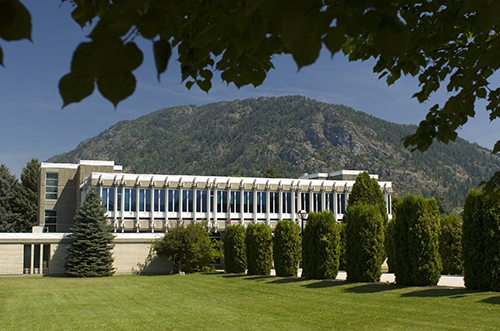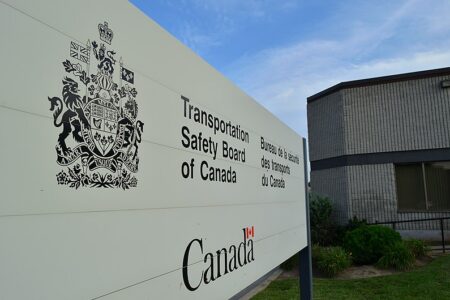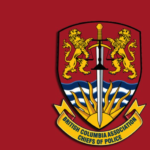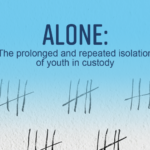New Sexual Violence Policy approved at Selkirk College
Selkirk College now has a Sexual Violence Policy in place making a clear commitment to creating and maintaining a safe and respectful learning, working and living environment.
“The safety and well-being of our students and staff is of vital importance,” says Selkirk College President Angus Graeme. “This is an important step in letting everyone know that there is zero tolerance for violence at Selkirk College. There is so much that goes into creating a safe and healthy learning environment and this policy supports our continual aspiration to be a violence-free college.”
Graeme recently signed off on the Sexual Violence Prevention and Response Policy that takes a three-pronged approach – the policy itself, setting in place protocols and procedures as well as generating awareness through prevention strategies, training and specific initiatives. The policy is woven into Selkirk College’s Student Code of Conduct, Standards of Employee Conduct as well as other College policies that set standards and give direction how members of the College community will interact with each other.
The new policy was recently vetted by the Selkirk College Policy Review Committee after nearly eight months of research and extensive consultation with students, employees including the Human Resources and Healthy Campus departments, as well as community stakeholders. The resulting policy is inclusive and comprehensive.
“We would like to thank all of those who offered their thoughtful and impassioned input into this policy’s development,” says Cathy Mercer, Vice President Students and Advancement. “Our ability to end sexual violence in our community depends on collaboration and commitment. Through this process, we’ve learned that the will for this change is there.”
On April 27, 2016, the Government of British Columbia introduced the Sexual Violence and Misconduct Policy Actwhichrequired every public postâ€secondary university, college and institute in the province to develop, implement and make publicly available, a sexual misconduct policy that addresses sexual misconduct, including sexual misconduct prevention and responses to sexual misconduct.
As Selkirk College worked toward developing its own policy, representatives attended two conferences at the University of British Columbia on sexual violence to gather information from other post-secondary institutions, experts, student groups and individuals. To ensure that any policy drafted represented local concerns, the Selkirk College student body was officially surveyed garnering robust response and informal Dinner Basket Conversations hosted by Healthy Campus asked important questions over a shared meal.
Selkirk College’s further work toward changing the culture surrounding sexual violence is already underway. Students and staff have received Bringing in the Bystander training that helps establish a community of responsibility. Based on the work of Jackson Katz, the workshop involves peer to peer training to help participants understand the continuum of inappropriate sexual behavior and develop skills for intervention. Training will be ongoing.
Stephanie Mayo is a Selkirk College Nursing Program student who took the Bringing in the Bystander training and also helped facilitate policy consultation with students on campus and people in the broader community. She found people engaged with the subject matter and appreciative of the College’s efforts.
“I was touched by the young men and women who came up to talk with us,” says Mayo, who starts her fourth year at Selkirk College this fall. “It’s important to talk about these topics because it breaks down the social stigma. Conversations around rape and other acts of sexual violence are necessary if we want things to change. I am proud to be a part of this and I feel that the policy is a great addition to the safety and wellbeing of the Selkirk College community.”
Selkirk College has also created handouts and web content providing guidance on how to support someone who opens up about experiences with sexual violence while connecting them with resources on campus and in communities.
“Sexual assault is a serious crime and is never the fault of the survivor. Selkirk College is committed to ensuring that survivors have access to the support, resources, and information they need to make the decisions that are right for them,” says Leslie Comrie, Healthy Campus Advisor and policy development committee member.
Selkirk College will review its Sexual Violence Policy every three years and will monitor the impacts of the policy and ongoing training and education. Awareness of sexual violence and the new policy will continue with each new intake of staff and students.

























